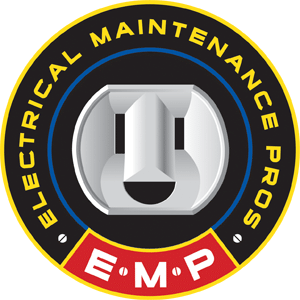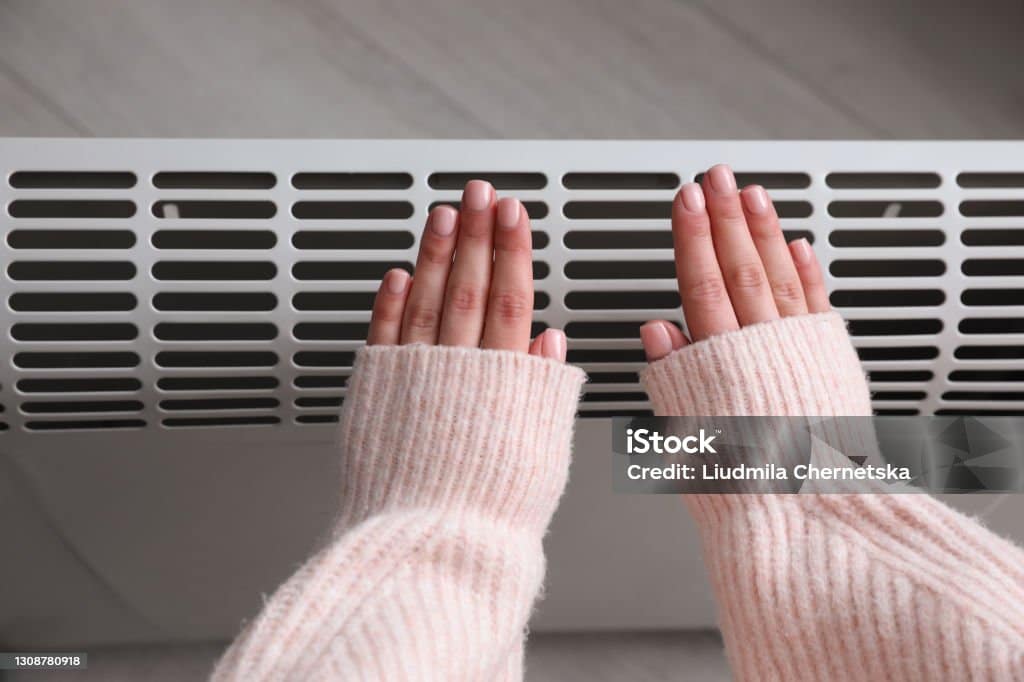The National Fire Protection Association reports that almost a third of the 45,000 annual electrical fires occur between December and February.
As we spend more time indoors during winter, our increased dependence on electricity breeds safety hazards. In addition, wintertime weather events such as strong winds, snowfall and heavy rains puts an increased toll on the power system.
While staying warm this winter season, please be careful and consider the following 5 common electrical hazards.
1. Space Heaters
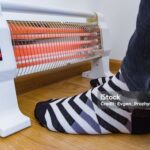
According to the Consumer Product Safety Commission, between 2017 and 2019, space heaters were involved in 1,700 fires, resulting in 70 deaths and 160 injuries each year. Follow these tips to ensure they’re used safely:
- Make sure to keep your space heaters at least three feet from any combustibles, such as drapes, clothes and fabrics.
- Be sure to turn off your portable heating units when you are finished with them, especially if you’re leaving the room.
- Space heaters should be plugged in directly to a wall outlet. Never use a power strip or extension cord.
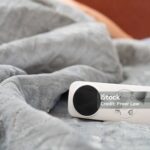
2. Electric Blankets
Heating pads and electric blankets cause around 500 fires each year, says the Electrical Safety Foundation. While there are concerns about the safety of electric blankets, consider these tips on how to avoid them:
- Purchase devices that have been approved by a nationally recognized testing laboratory.
- Replace any worn or old heating pads or electric blankets. Never fold or tuck in electric blankets when in use.
- Do not allow anything to rest on top of a heating pad or electric blanket when it is in use.
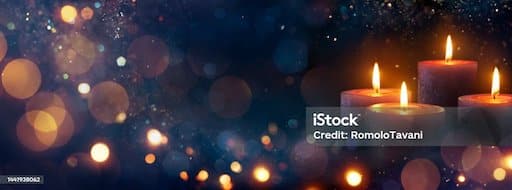
3. CANDLES
More than one-third of of home candle fires started in the bedroom and almost half started when combustibles were too close to the candle, the National Fire Protection Association tells us. Here are some candle safety tips that can help:
- During a power outage, use flashlights or battery-powered lanterns over candles.
- Keep candles at least 12 inches from anything that can burn.
- Keep candles out of the reach of children and pets.
- Blow out all candles before you leave a room or go to bed.
- When extinguishing a candle, make sure it is completely out and the wick ember is no longer glowing before leaving the room.
For more information on candle safety please visit the National Candle Association or the Nation Fire Protection Association.
4. OUTDOOR LIGHTING

An average of 790 fires are caused by holiday lights every year, according to the National Fire Protection Association.
According to the National Agricultural Safety Database overloaded outlets are a leading cause of house fires. Follow these steps to ensure they’re used safely:
- Only use lights that have an outdoor rating. Most light brands indicate this information on the product details.
- Make sure all outdoor outlets are GFCI-protected, and test them regularly. See, What is a GFCI and do I need one?
- If your outdoor receptacle isn’t under a roof or some other protective cover, it needs to have a special cover, known as an “in-use” cover, over it.
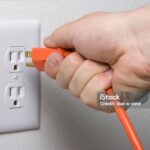
5. CORDS & OUTLETS
According to Consumer Product Safety Commission estimates, cords cause some 4,600 residential home fires yearly. And the National Agricultural Safety Database says that overloaded outlets are a leading cause of house fires. To help avoid these hazards, consider the following tips:
- Extension cords should only be used temporarily. Have a qualified electrician install additional wall outlets where you need them. See Electrical Outlets.
- Don’t overload circuits. Plug only one heat-producing appliance, such as a space heater, into an electrical outlet at a time.
- Call a qualified electrician or your landlord if you have frequent problems with blowing fuses or tripping circuit breakers.
HAVE A WARM AND SAFE WINTER!
Every year there are preventable injuries and deaths due to electrical safety hazards, especially during the winter months. By taking necessary precautions and following these and other tips, you and your family can enjoy a warm and safe winter season.
For more information on electrical safety, see our Safety section.
